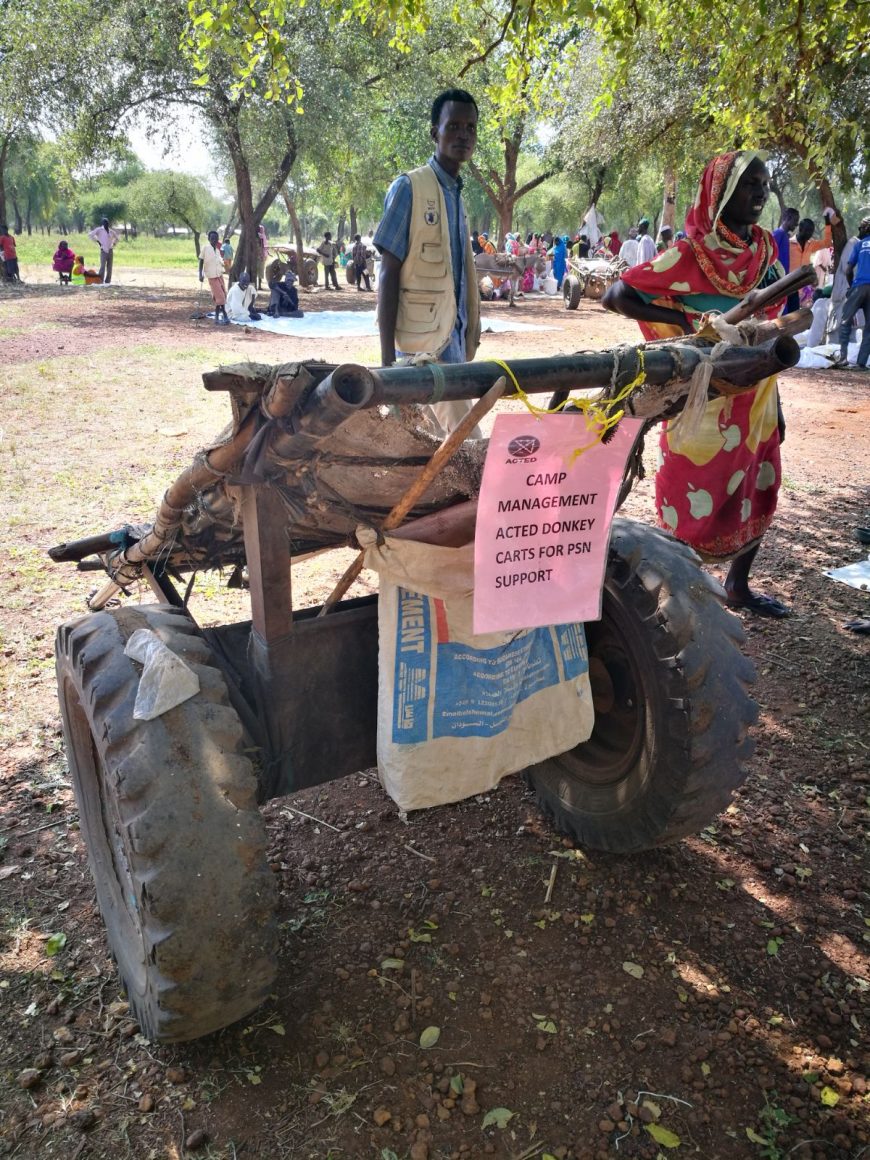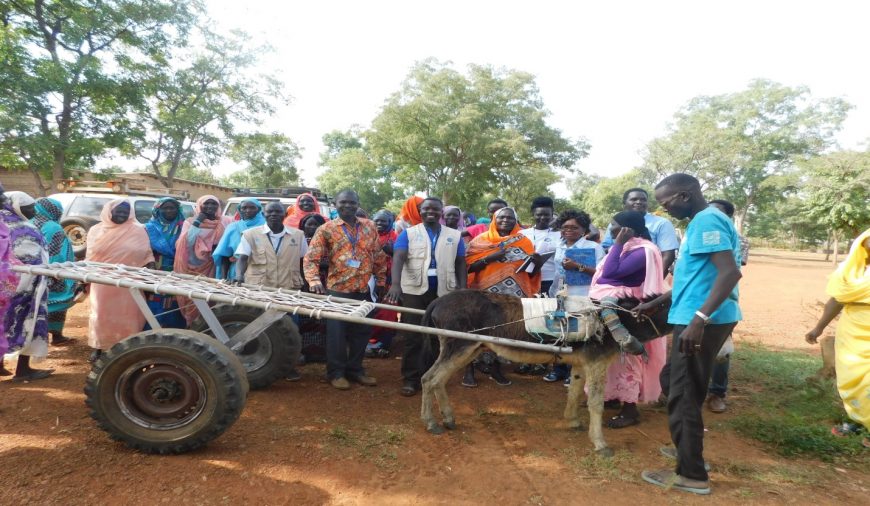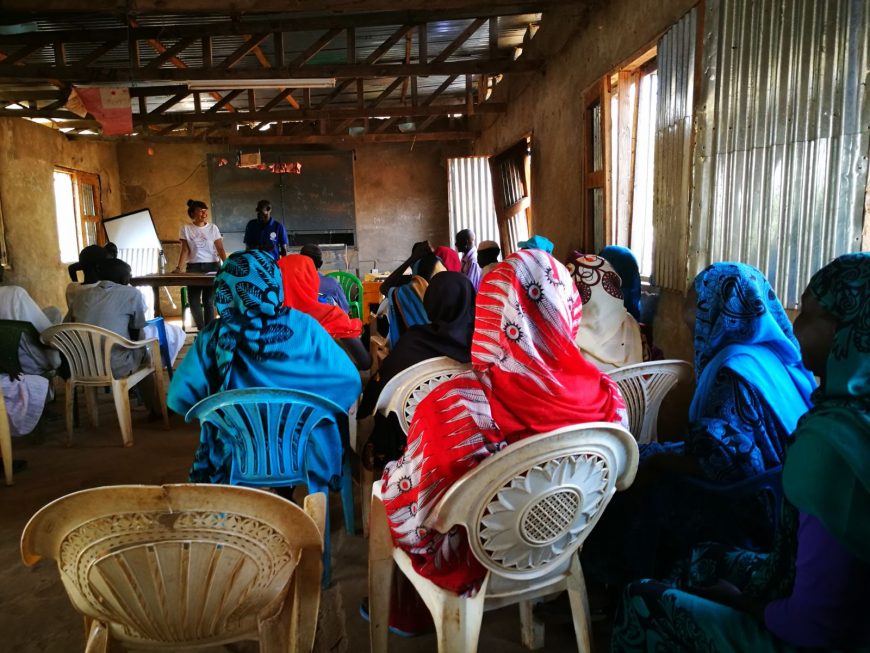In 2017, ACTED piloted community-led projects in Maban to improve healthcare in refugee camps by building community leadership capacity and reinforcing self-management structures; the donkey cart ambulance was one of them.
Since 2011, more than 140,000 Sudanese refugees have fled the conflict in the Blue Nile and Nuba mountains and moved to four refugee camps established in Maban (former Upper Nile State) in South Sudan. Seven years later, the conflict is still raging and what was first meant to be a temporary safe refuge became a home. In its camp manager role, in 2017 ACTED took on to mainstream capacity development initiatives in order to further involve the communities in decision-making processes and reduce their dependence to aid mechanisms.
In this context, ACTED established so-called “Sectoral Committees,” which are participatory structures created to ensure representation of all groups in the camps’ leadership structures. In particular, Women Sectoral Committees were established to ensure women’s voices are heard in an environment where women are still very much confined to household chores and sometimes lack decision power within their households and the community at large.

A community-led project from inception to implementation
ACTED allocated small grants to the Women Committees of Kaya and Gendrassa camps for them to implement a sustainable project aiming to support women and vulnerable individuals in the camp. ACTED therefore trained and supported them in the project proposal development phase. The Committees decided themselves on which project they deemed more useful through a participatory process. The Women Sectoral Committees in both Kaya and Gendrassa proposed to set up a donkey cart ambulance project aiming at transporting vulnerable women, for example, pregnant and elderly women unable to walk to the health centre.
To cover running costs such as feeding and treatment for the donkey, the women occasionally rent the donkey to other camp residents to carry food items from the distribution sites to their homes at a minimum amount of 100SSP ($0.3). This system ensures the sustainability of the ambulance beyond the project timeframe.

Building the capacities of Women Sectoral Committee members
In order to enable the women to successfully implement their projects, the food security and livelihoods business development team trained the Women Sectoral Committee members on business development, including topics like financial literacy or business management. ACTED camp management team also created reporting tools to keep track of the number of people supported through the donkey cart ambulance service, and trained the women on how to use it. This aimed to ensure easy access and close follow-up.
